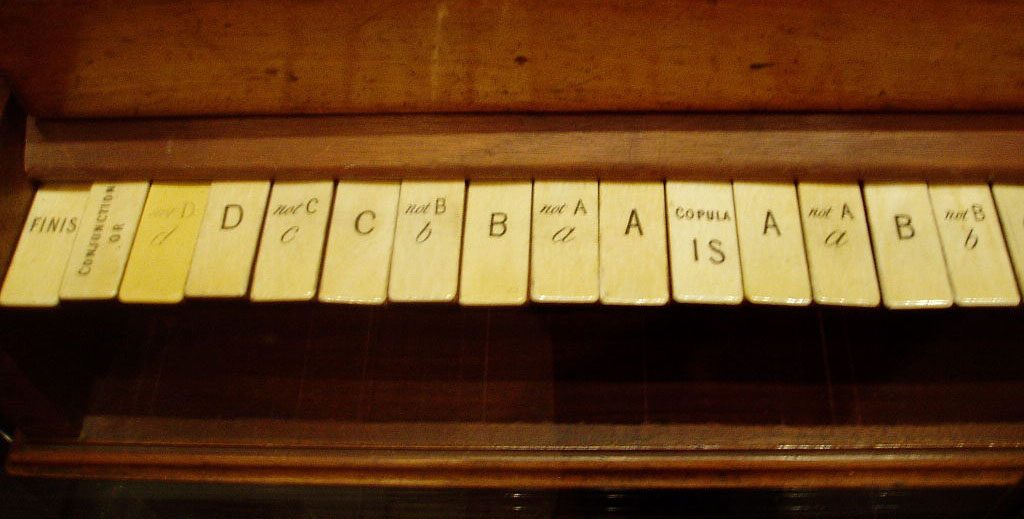
Who is correct, the leader or the follower?
And how would we know?
At a recent meeting of the History of Economics Society, my long-time friend HES President Evelyn Forget spoke about her work in public health. Evelyn is an economist and a historian of economic thought. In her other life, she works to secure better health outcomes for many Canadians who are in need. In her presidential address, “Folk Wisdom in Economics,” Dr. Forget remarked that she spends much of her time explaining economic ideas to ordinary people. At the same time, she insisted that it is important to understand how ordinary people think.
Unfortunately, economists have sometimes failed to try to understand ordinary people. Instead, we all too frequently write about all-knowing individuals. We neglect the connections they have with others who influence their decisions and, sometimes, cause them to depart from the predications of economic theory.
My research on economic theory is very much in line with Evelyn’s experience. I have written about how William Stanley Jevons, A. C. Pigou, Alfred Marshall, and Irving Fisher, posited how a “perfectly wise” consumer should allocate spending to maximize utility. Consumers, however, failed to live up to their predictions, which were both predictive and normative claims. Instead of delving into why no one actually behaves this way, these economists concluded that people were “faulty” and “irrational.” Later economists relied on claims of rationality to such an extent that they ignored how face-to-face contact, discussion, significantly alters decision-making.
The subtle point for economists, is whether and when to delve into the actual actions of economic actors, and when to conclude that a misunderstanding exists and education is needed. Experimental economics has done much in the former category. It has enriched our understanding of economic decisions by observing actual activity and summarizing variations across different experimental contexts. In so doing, it has helped to return economics from the late nineteenth century theory of Jevons, to the earlier insights of Adam Smith.
On the other hand, misperceptions about economic activity do exist, and economists sometimes fail to address those adequately. One example will speak for many. It is commonplace for many to presume that trade is a zero sum game, that when one gains another must lose. This misperception in part explains support for tariffs and other impediments to international trade. Economists who continue to demonstrate, with humility and persistence, that trade is beneficial, might also consider how better to assist those who struggle to maintain a livelihood and to come up with answers for their real problems.
The point has important implications for leadership. Supposing a leader, having consulted with others, determines the supposed best course of action and followers react negatively. How is the leader to know whether the reaction is due to lack of understanding, real mistakes on the part of the followers, or, instead, mistaken judgment on the part of the leader? A wise leader is willing to entertain the points of view of others, and has systems in place to allow others to make that point of view known.
